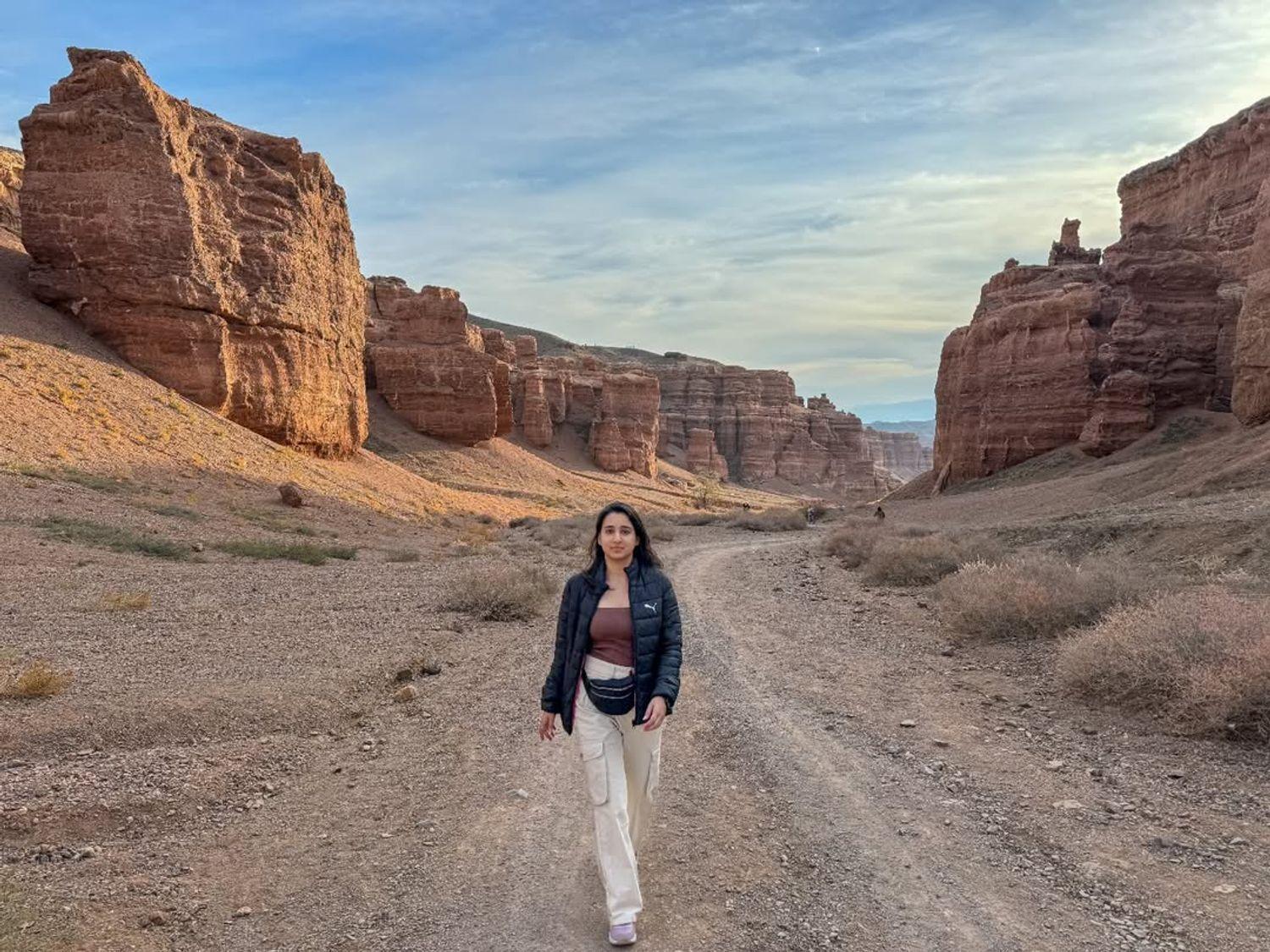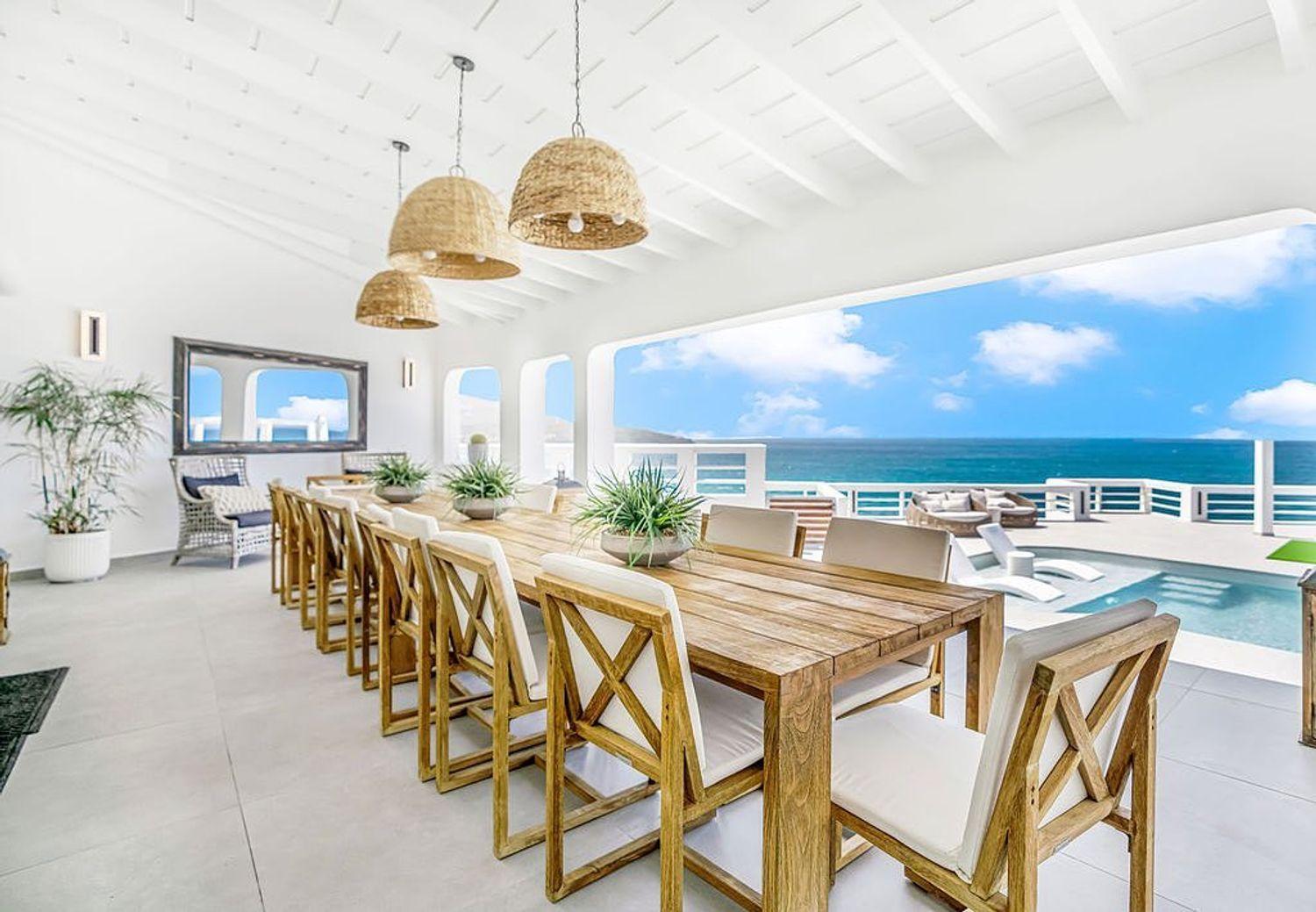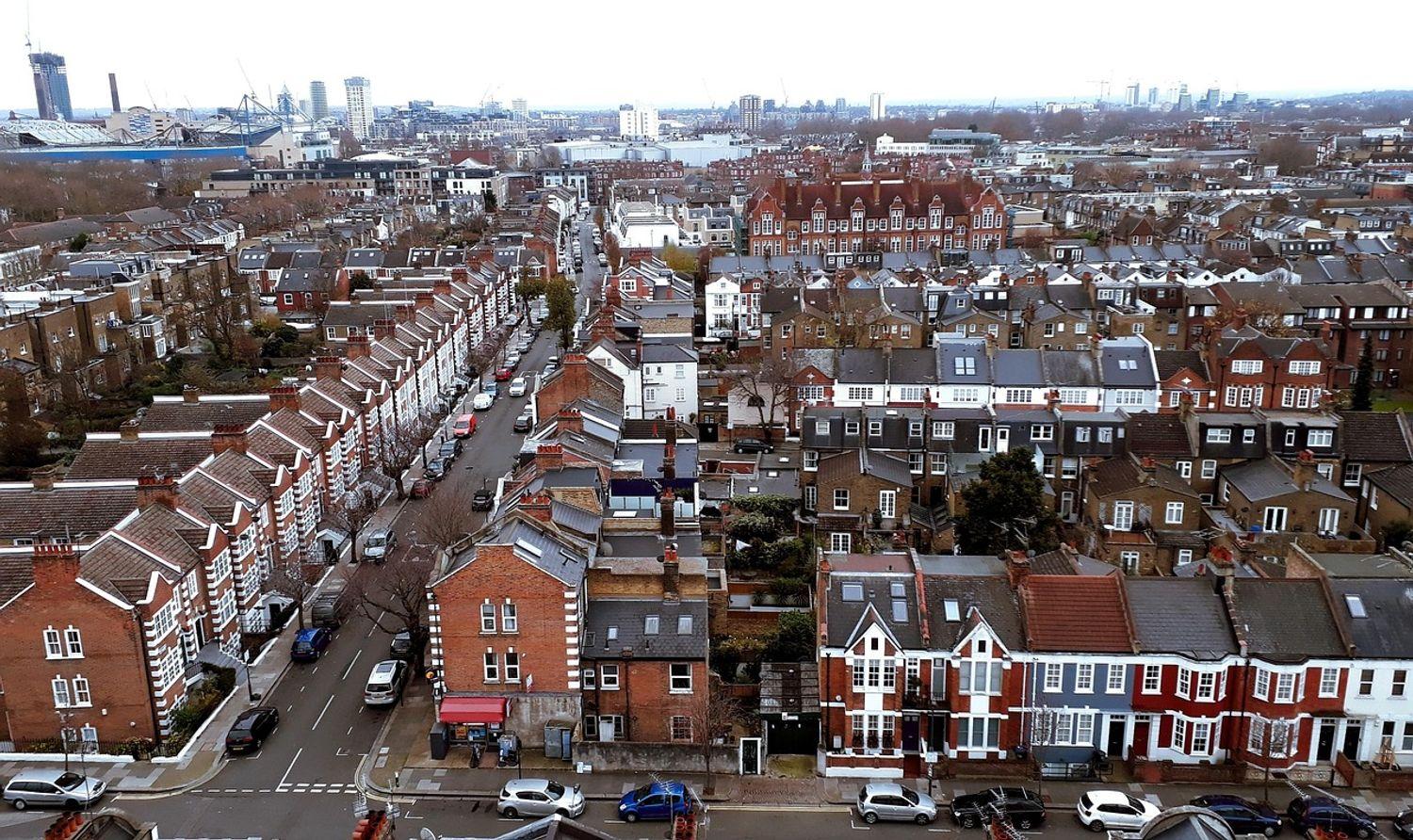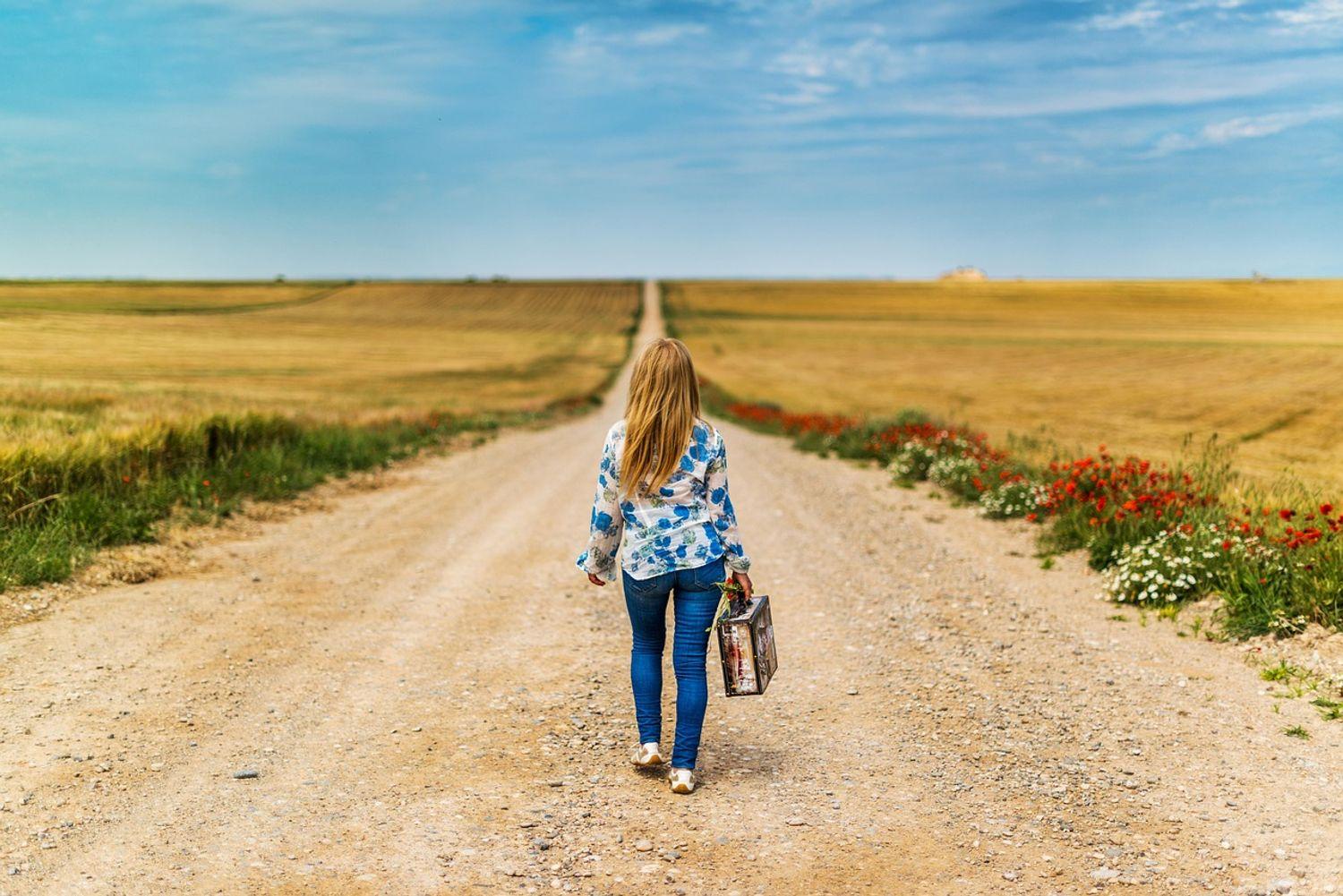Tourism in Pakistan has seen a rapid revival in recent years according to Pleiades Travel, an award-winning travel community which offers tours to Pakistan, as travelers increasingly discover its breathtaking natural beauty, ancient history, and unmatched hospitality. From the soaring peaks of the north to the vibrant cities and serene deserts of the south, Pakistan offers a truly diverse travel experience.
Whether you’re an adventurer, history buff, nature lover, or cultural explorer, this country has something unforgettable to offer.
Top Destinations in Pakistan for Tourists
Tourism in Pakistan revolves around several iconic regions. Each destination offers a window into the soul of this diverse nation:
1. Hunza Valley
Often referred to as paradise on Earth, Hunza is a mountainous valley in Gilgit-Baltistan. Famous for its warm people, towering peaks, and turquoise lakes like Attabad Lake, Hunza is a sanctuary for nature lovers. The Passu Cones and Baltit Fort are also must-sees.
2. Skardu
Skardu is the launchpad for expeditions to K2 and other formidable peaks in the Karakoram range. Beyond climbing, tourists can explore Shangrila Resort, Shigar Fort, and the breathtaking Deosai Plains, often dubbed the “Roof of the World.”
3. Lahore
Lahore, the cultural capital, is alive with Mughal history, Punjabi hospitality, and aromatic food. Visit the grand Badshahi Mosque, marvel at Lahore Fort, or catch a performance at Alhamra Arts Council. The city never fails to mesmerize.
4. Islamabad
The serene and well-planned capital of Pakistan, Islamabad offers modern luxury alongside natural beauty. Take a hike in the Margalla Hills, stroll through Saidpur Village, or learn about history at Lok Virsa Museum.
5. Swat Valley
Known as the “Switzerland of the East,” Swat boasts pristine rivers, green meadows, and alpine resorts. Malam Jabba is a famous skiing destination, while towns like Mingora and Fizagat offer rich culture and markets.
Adventure Tourism: Mountains, Treks, and Thrills
Pakistan is a haven for thrill-seekers and adventurers. Home to five of the world’s 14 highest peaks, it attracts climbers, hikers, and trekkers from across the globe.
Famous Trekking Routes:
- K2 Base Camp Trek – For experienced hikers seeking an ultimate test.
- Fairy Meadows & Nanga Parbat Base Camp – Easier treks with breathtaking views.
- Ratti Gali & Dudipatsar Lakes – Lush alpine lakes in Azad Kashmir, accessible in summer.
- Rush Lake Trek – One of the highest alpine lakes in the world.
Cultural & Historical Sites
Pakistan’s history spans millennia—from the Indus Valley Civilization to the grandeur of the Mughal Empire and the spiritual depth of Sufi saints.
Key Historical & Cultural Attractions:
- Mohenjo-Daro and Harappa – Explore the ruins of one of the world’s earliest urban settlements.
- Taxila – A UNESCO World Heritage Site, home to ancient Buddhist monasteries and stupas.
- Makli Necropolis – Near Thatta, one of the largest funerary sites in the world.
- Multan and Sehwan Sharif – Visit the shrines of Sufi saints like Shah Rukn-e-Alam and Lal Shahbaz Qalandar.
- Rohtas Fort – A formidable fortress built by Sher Shah Suri, showcasing Islamic military architecture.
Best Time to Visit Pakistan (By Region & Season)
Due to its geographical diversity, Pakistan offers different attractions during different seasons. Here’s a detailed seasonal guide:
Spring (March–May)
- Where to Go: Lahore, Islamabad, Hunza (late spring), Swat
- Weather: Mild, blooming flowers, pleasant for sightseeing
- Events: Spring festivals like Basant, Literature Festivals
- Highlights: Cherry blossoms in Hunza & Skardu
Summer (June–August)
- Where to Go: Northern Areas – Gilgit, Hunza, Chitral, Naran, Neelum
- Weather: Cool in the mountains, hot elsewhere
- Activities: Trekking, lakes, camping, stargazing
- Note: Avoid southern Pakistan due to monsoon and heat
Autumn (September–October)
- Where to Go: Skardu, Chitral, Kalash, Gilgit
- Weather: Clear skies, vibrant autumn foliage
- Events: Local harvests, Kalash “Chowmos” Festival
Winter (November–February)
- Where to Go: Karachi, Lahore, Gwadar, Malam Jabba (for snow sports)
- Activities: City tours, beach visits, skiing
- Note: High-altitude treks become inaccessible due to snow
Safety and Hospitality
Pakistan’s security situation has significantly improved. Many countries now encourage travel, especially to the northern areas. Tourists are welcomed warmly and often treated as guests of honor.
Security Measures:
- Tourist police units in major cities and northern regions
- Easier visa policies and online e-visa portals
- Foreign embassies offer regular travel updates
Hospitality is deeply ingrained in Pakistani culture—don’t be surprised if strangers offer you food, guidance, or a place to rest. It’s not just politeness—it’s tradition.
Travel Tips for First-Time Visitors
If you're planning your first trip to Pakistan, here are a few essential tips:
Visas & Entry:
- Apply via the official Pakistan Online Visa System
- Tourist visas are now available for over 190 countries
Money:
- Local currency: Pakistani Rupee (PKR)
- ATMs in cities work fine, but carry cash in remote areas
Connectivity:
- Buy a local SIM card (Zong, Jazz, or Telenor)
- Internet is available but can be patchy in mountains
Transport:
- 4x4 vehicles are recommended for northern terrain
- Domestic flights (e.g., to Skardu, Gilgit) save time
- Buses: Comfortable options include Faisal Movers and Daewoo
Clothing & Culture:
- Dress modestly, especially in rural or religious areas
- Women travelers should consider a scarf in conservative areas
- Respect local customs—always ask before taking photos of people
Tourism in Pakistan remains one of the world's most underrated and rewarding travel experiences. It’s a land where snow-covered summits meet golden deserts, where ancient civilizations whisper through stone, and where kindness greets you at every doorstep.
From sipping chai in a roadside dhaba to witnessing the sun rise over the Deosai Plains, Pakistan offers moments that stay with you long after you leave.
So, pack your bags, keep an open heart, and get ready to be amazed.
Pakistan is not just a destination—it’s an experience. One that’s raw, real, and profoundly beautiful




